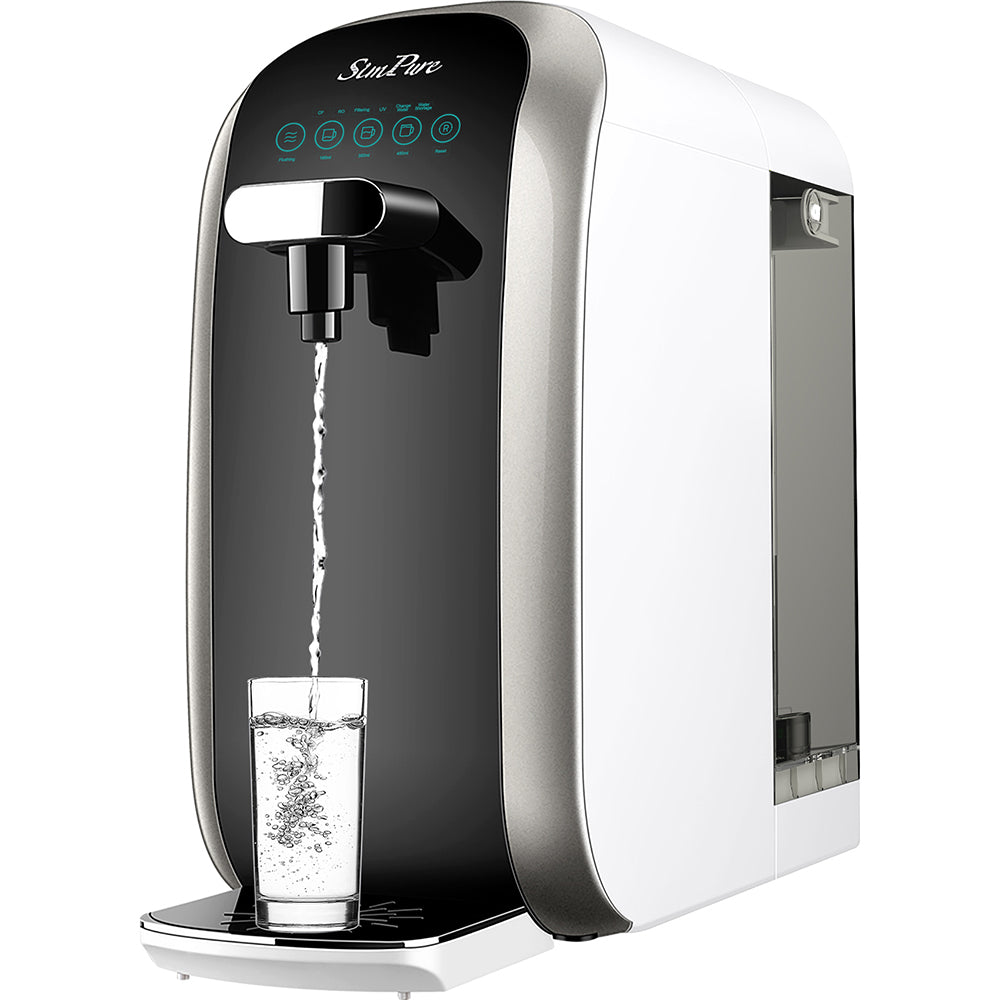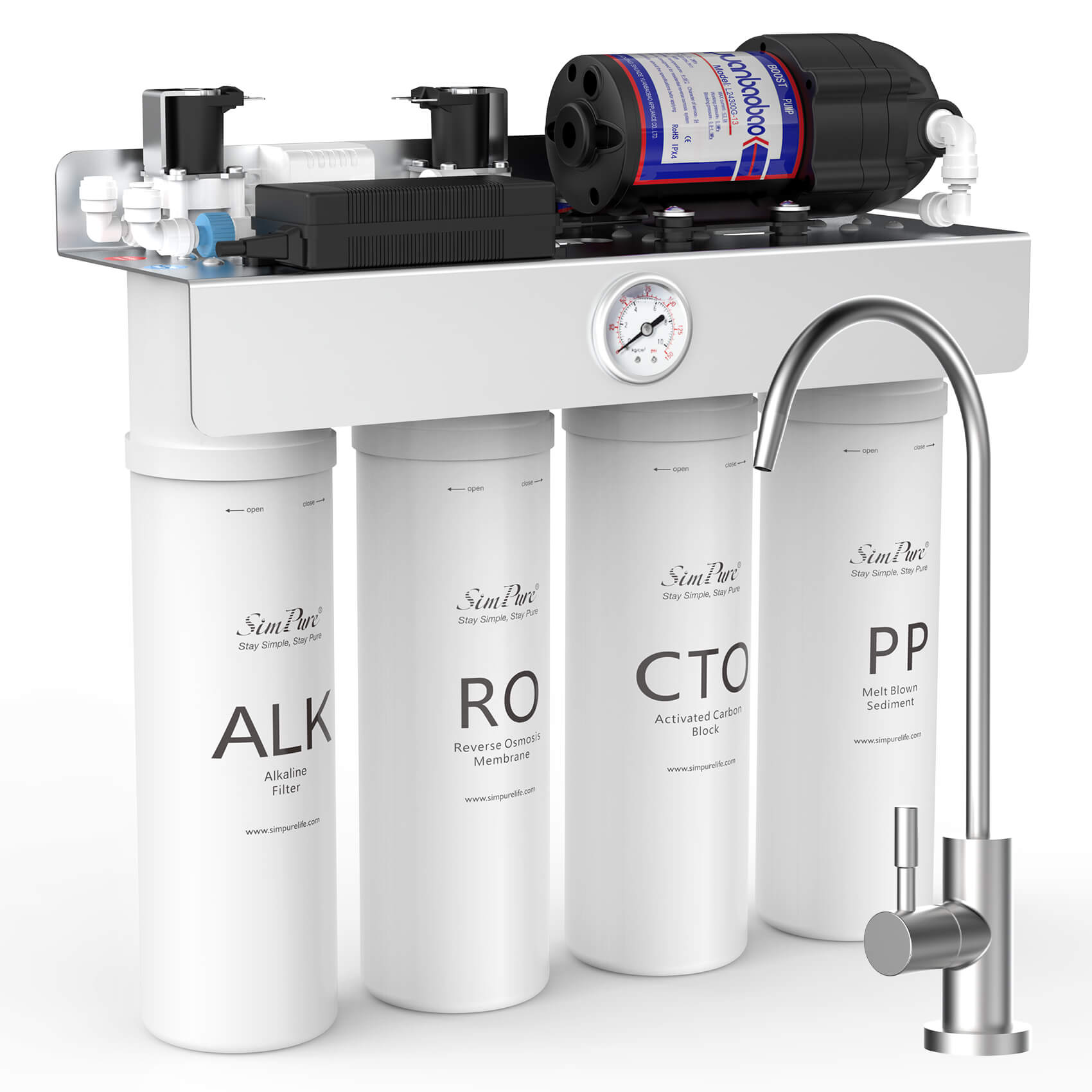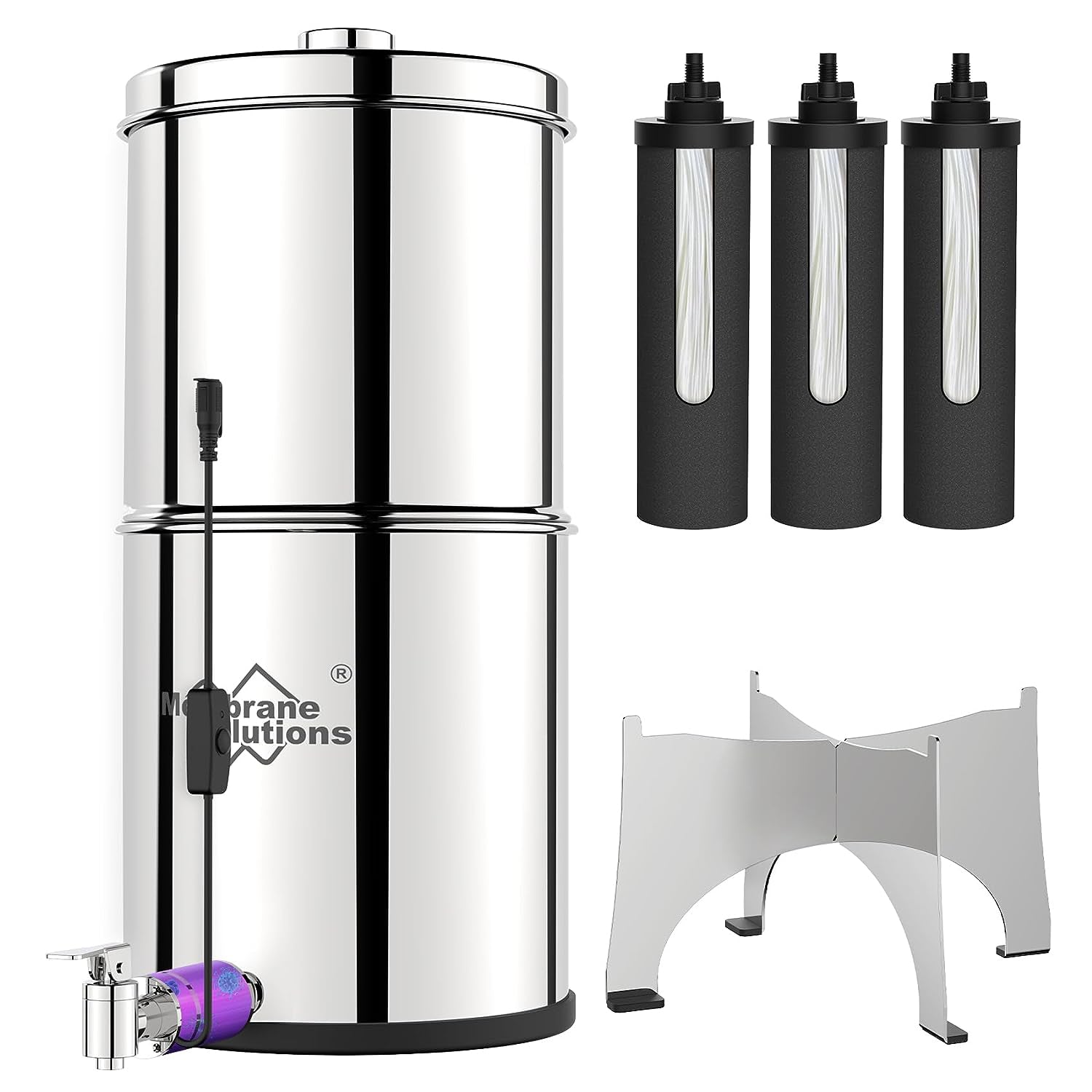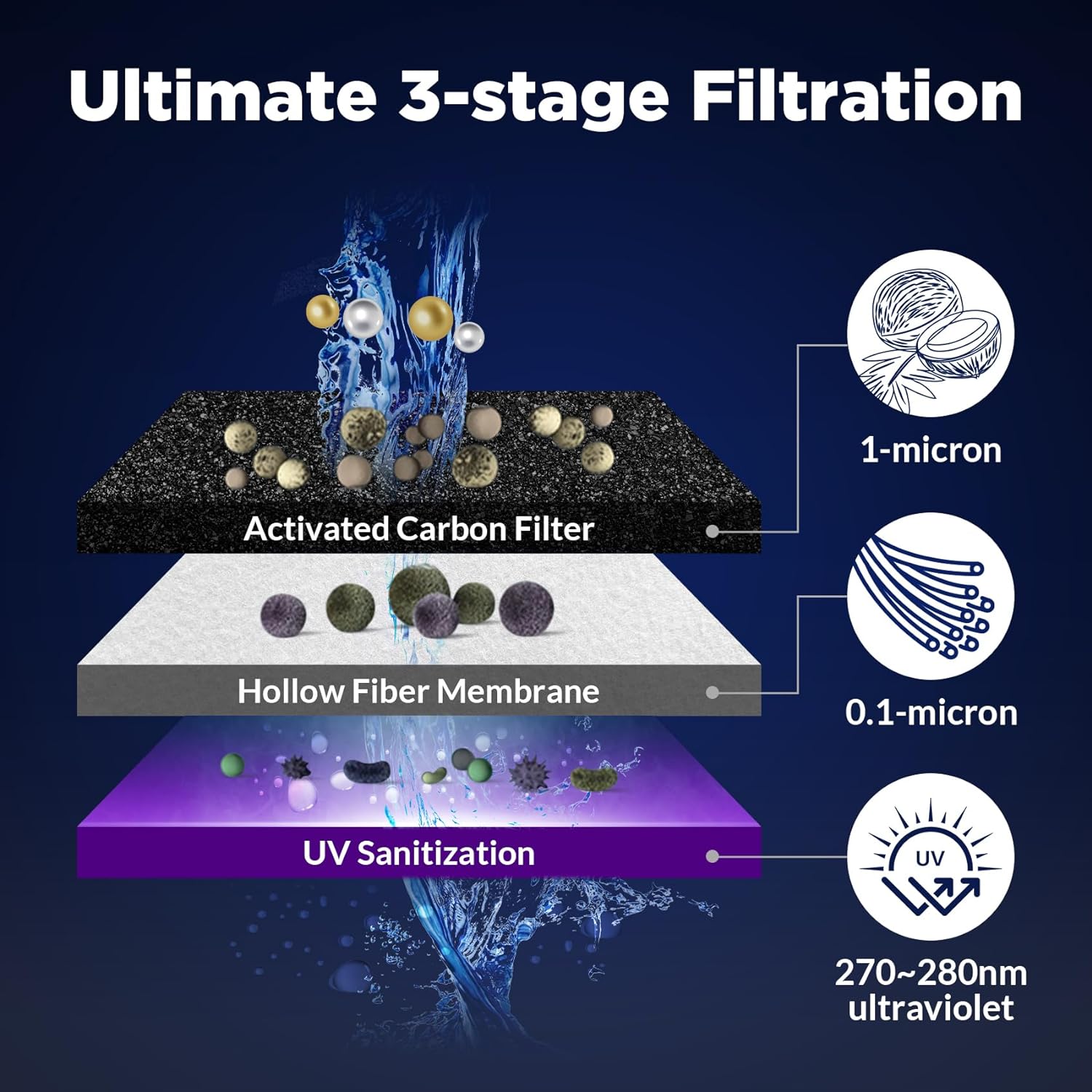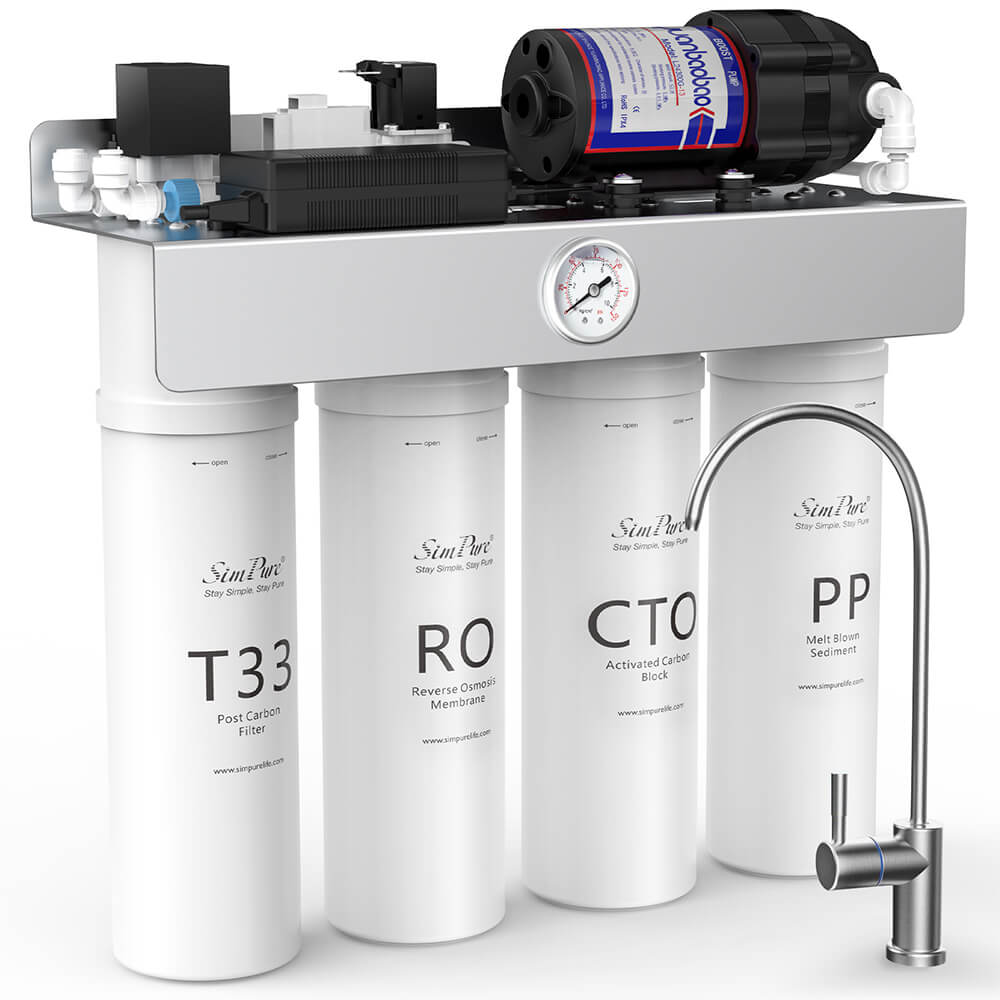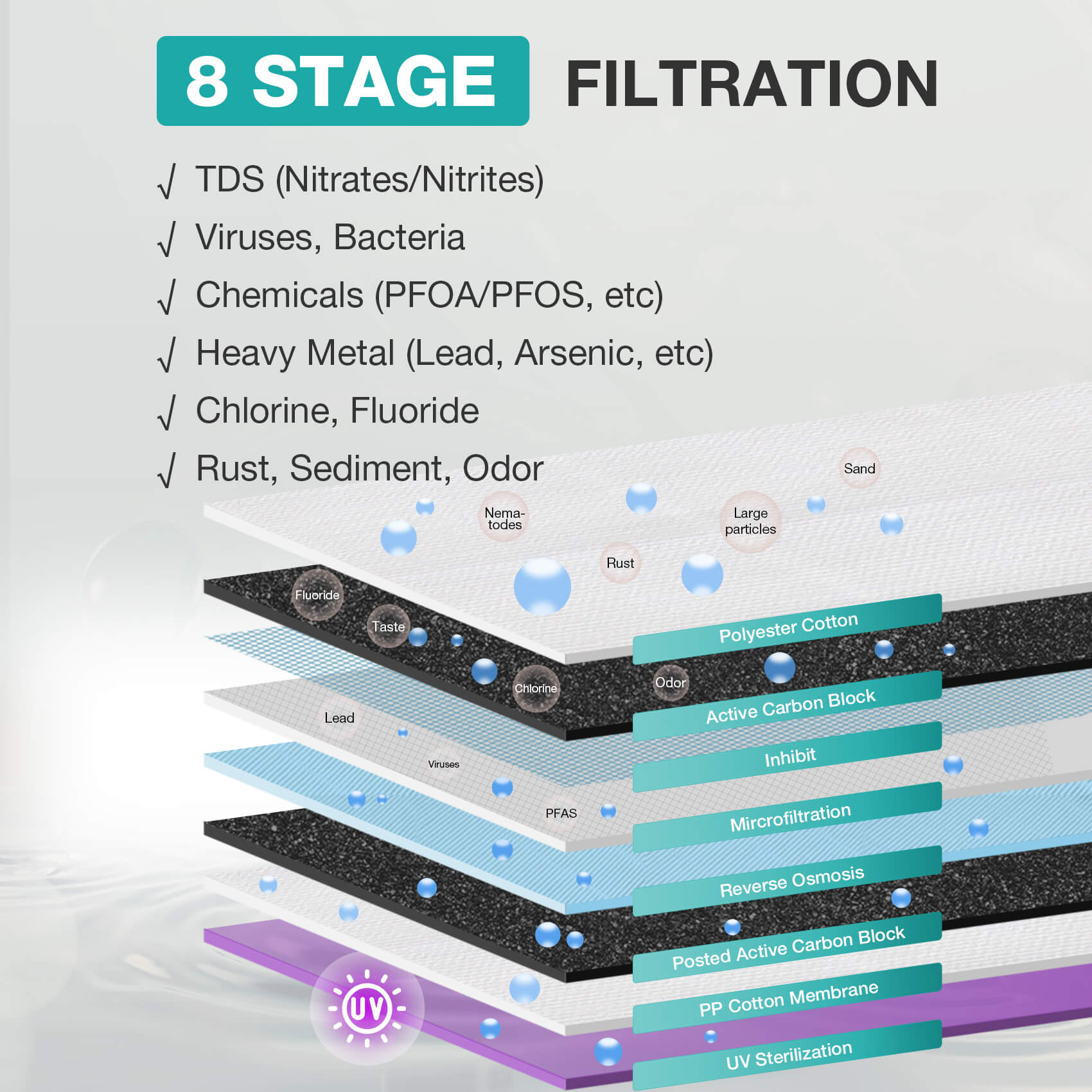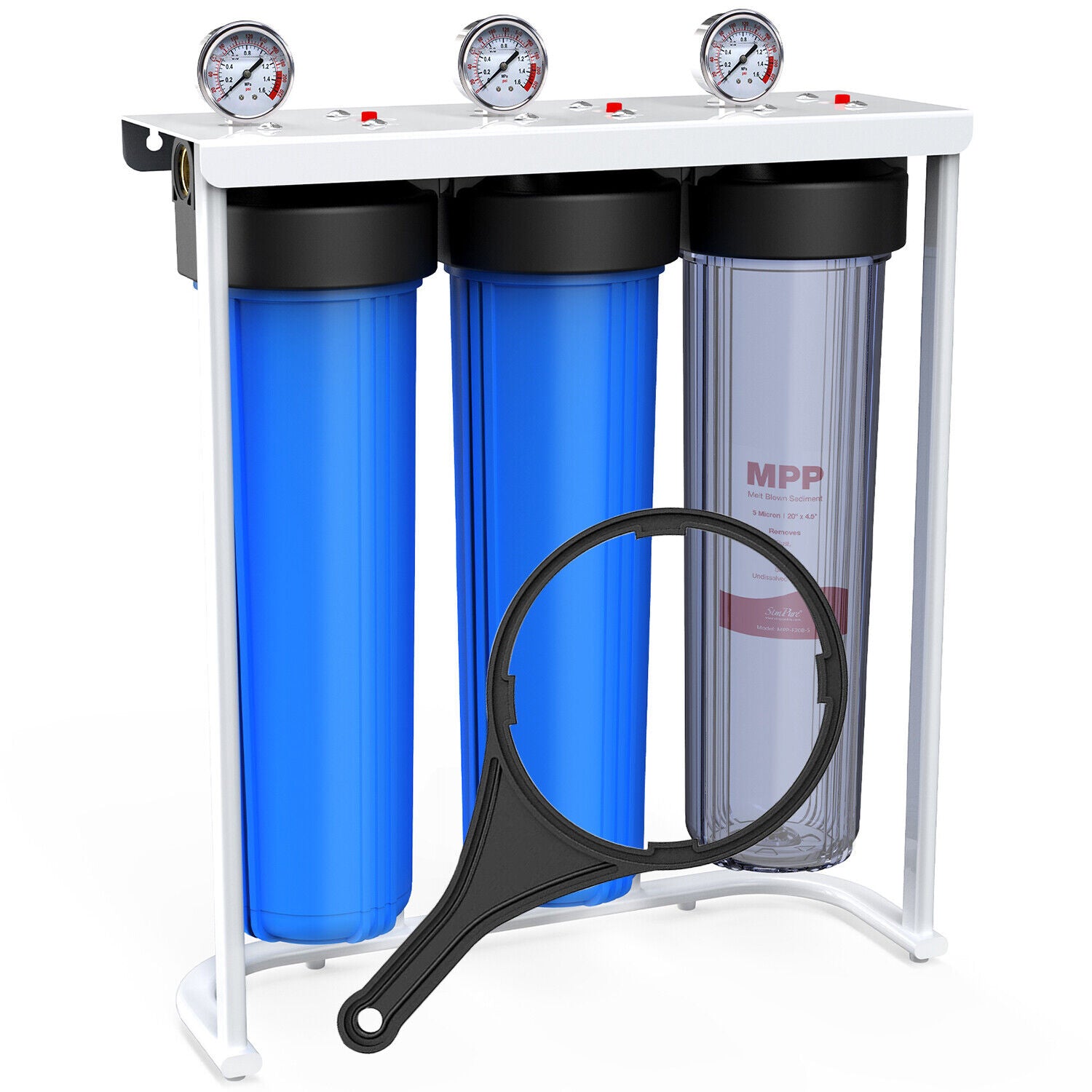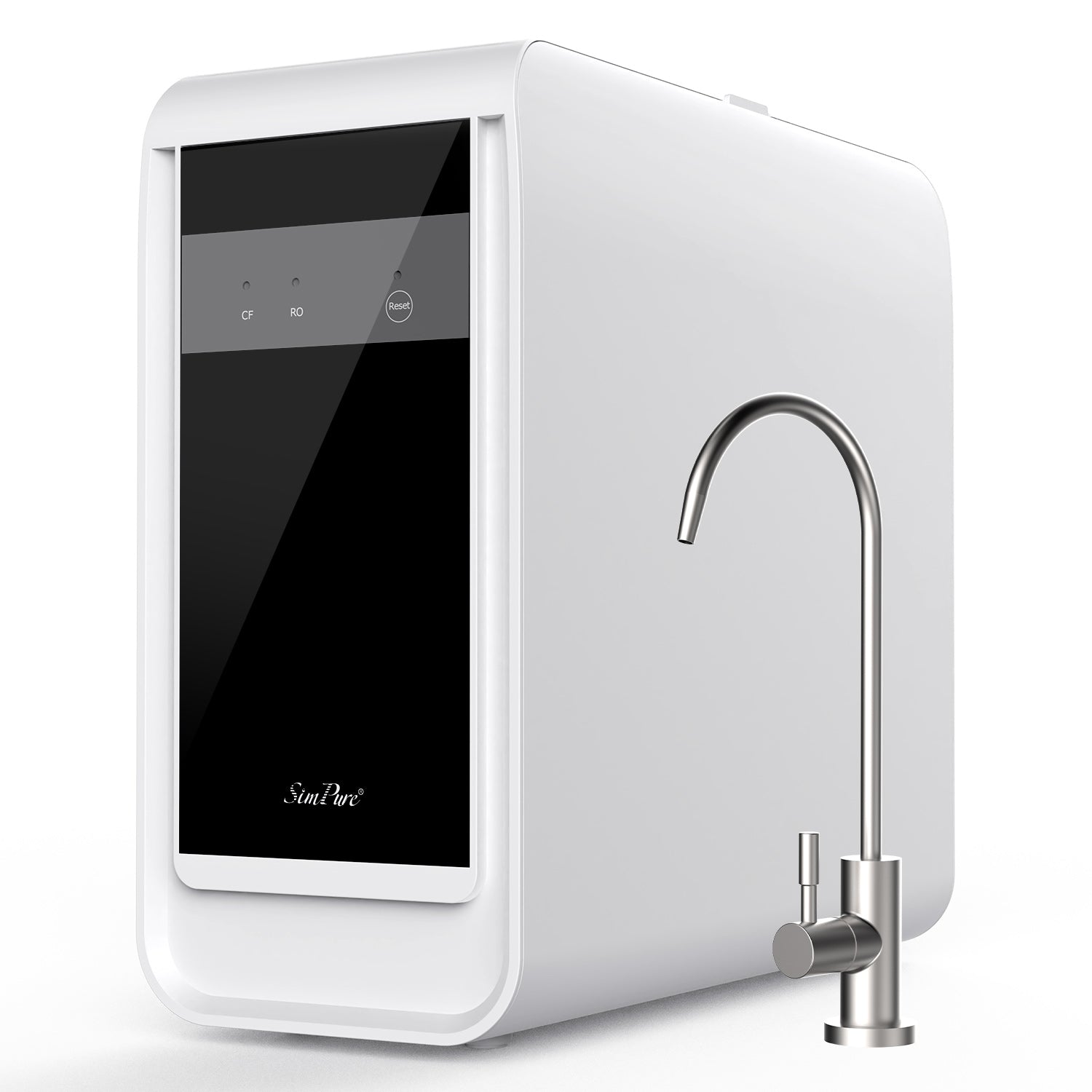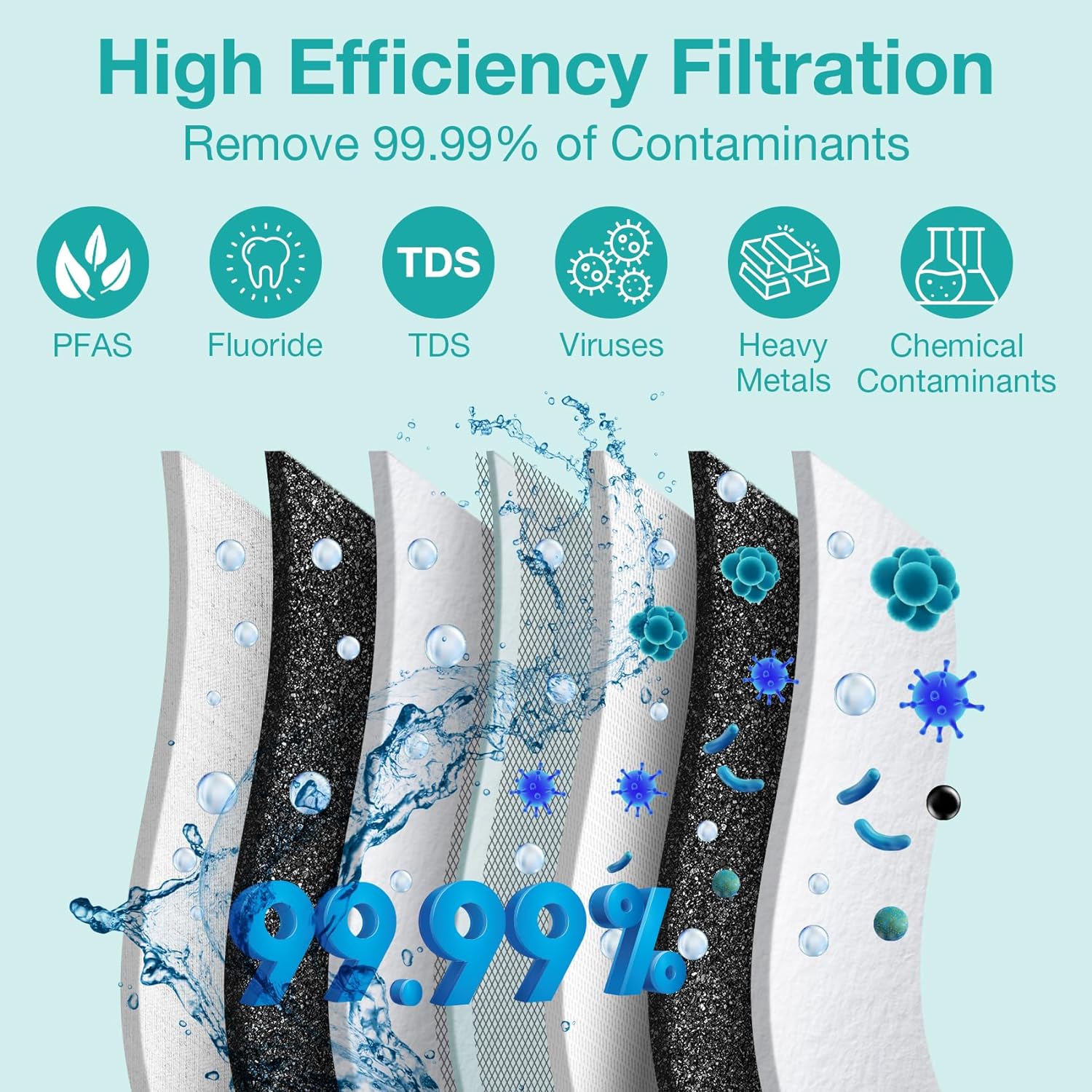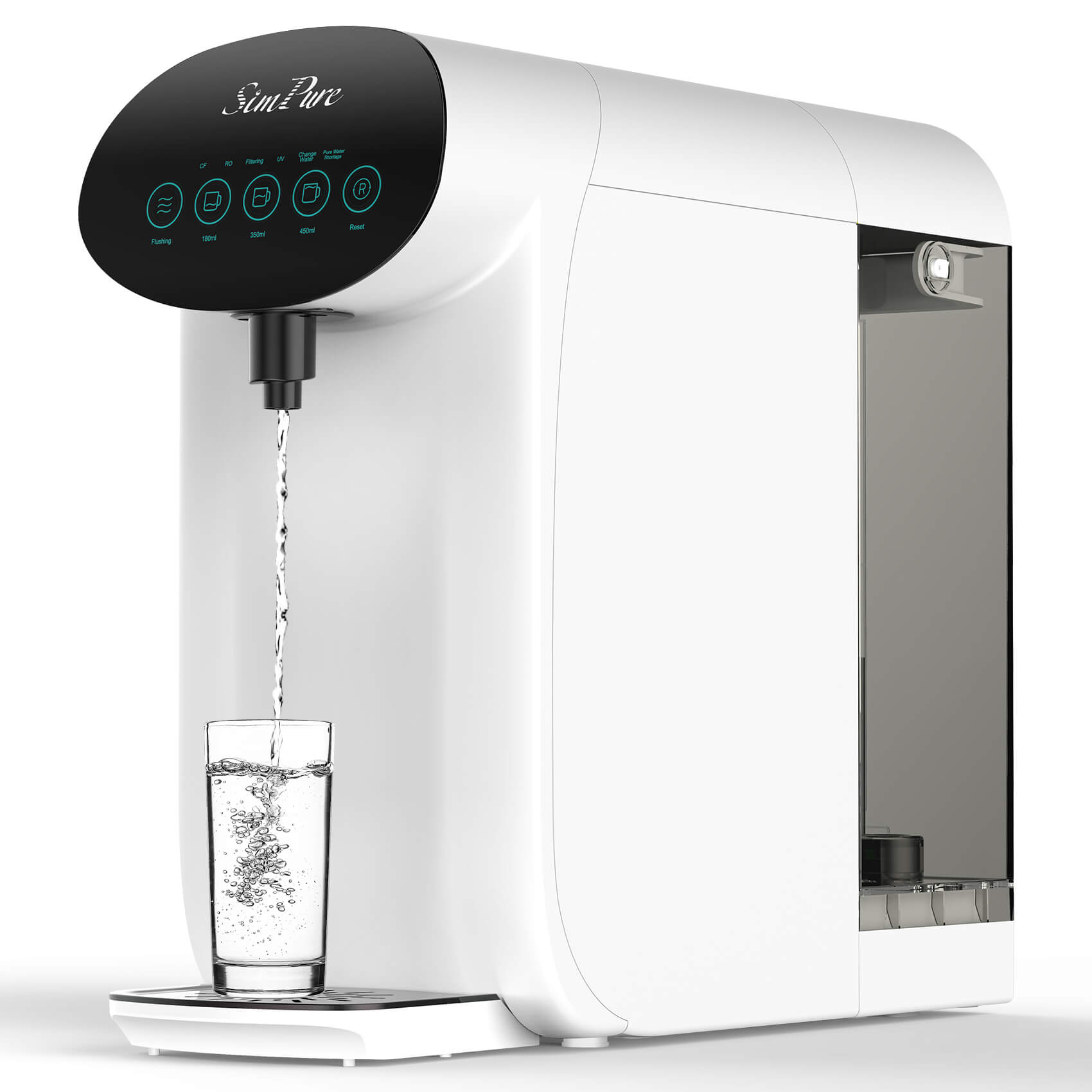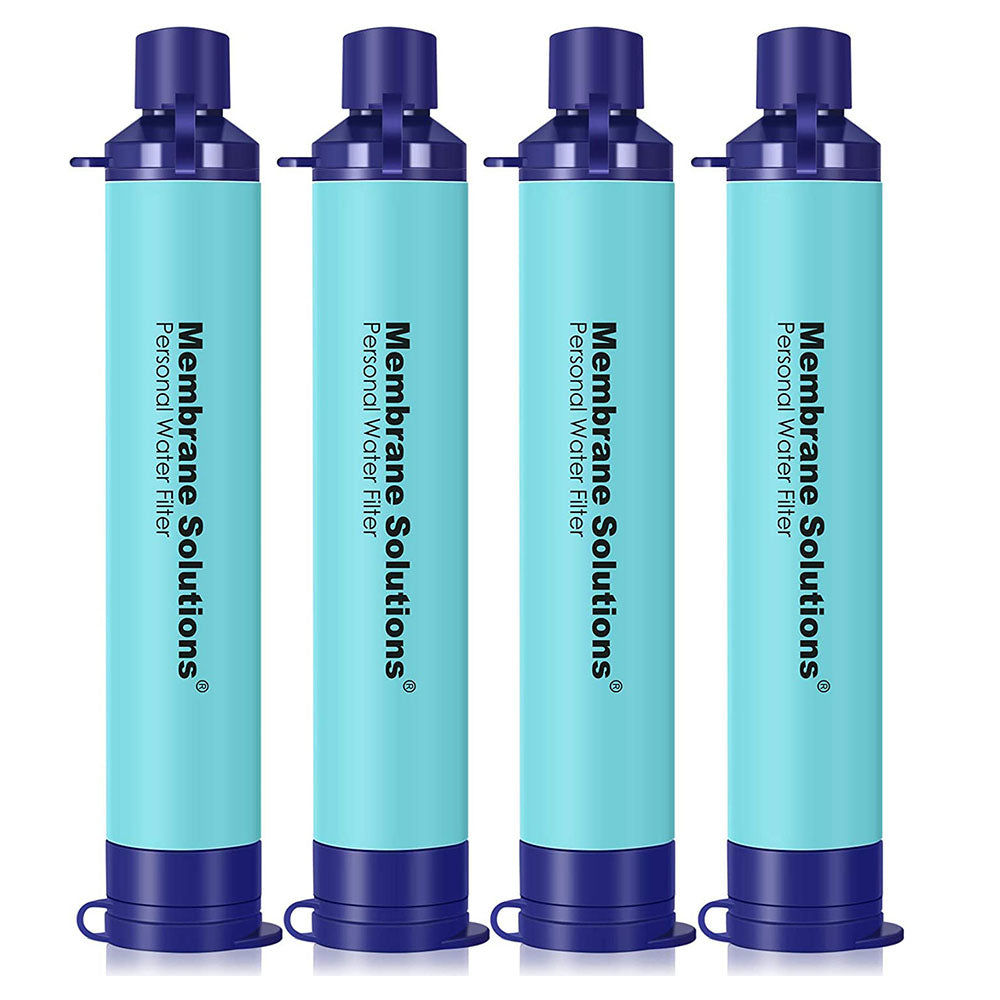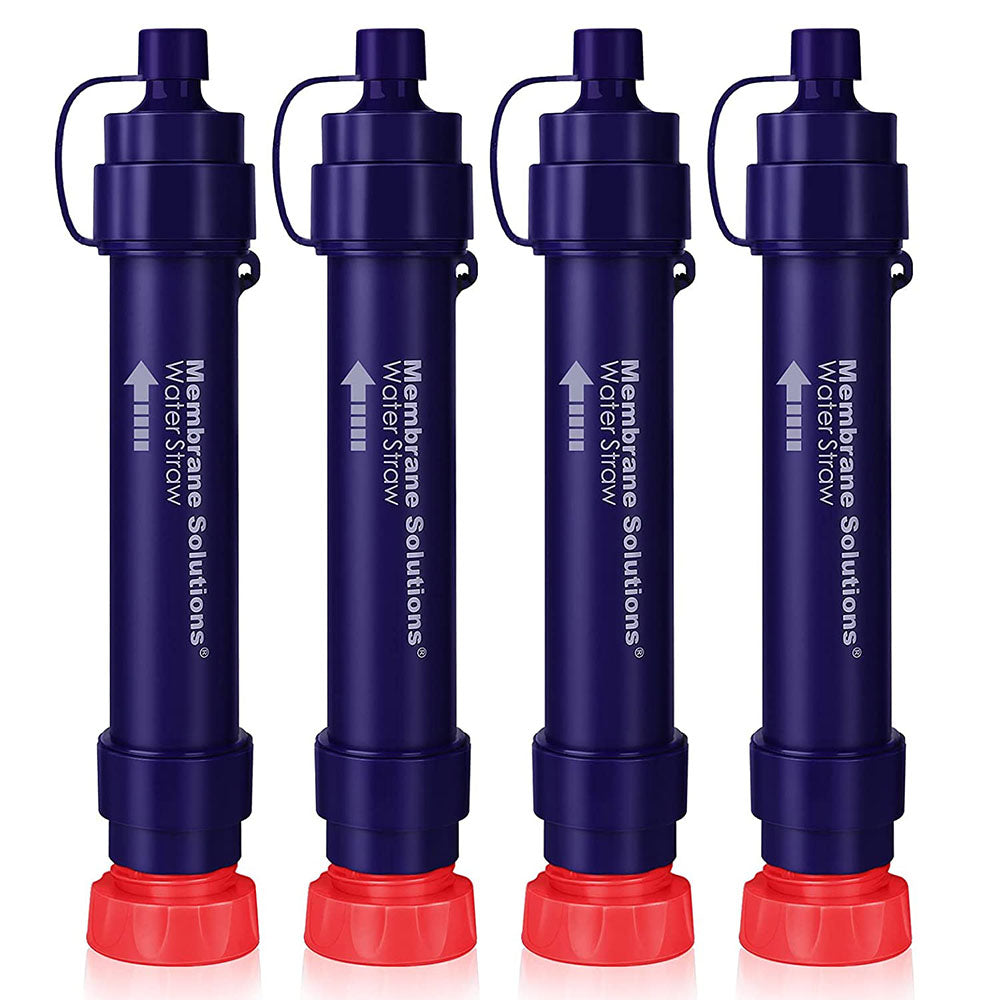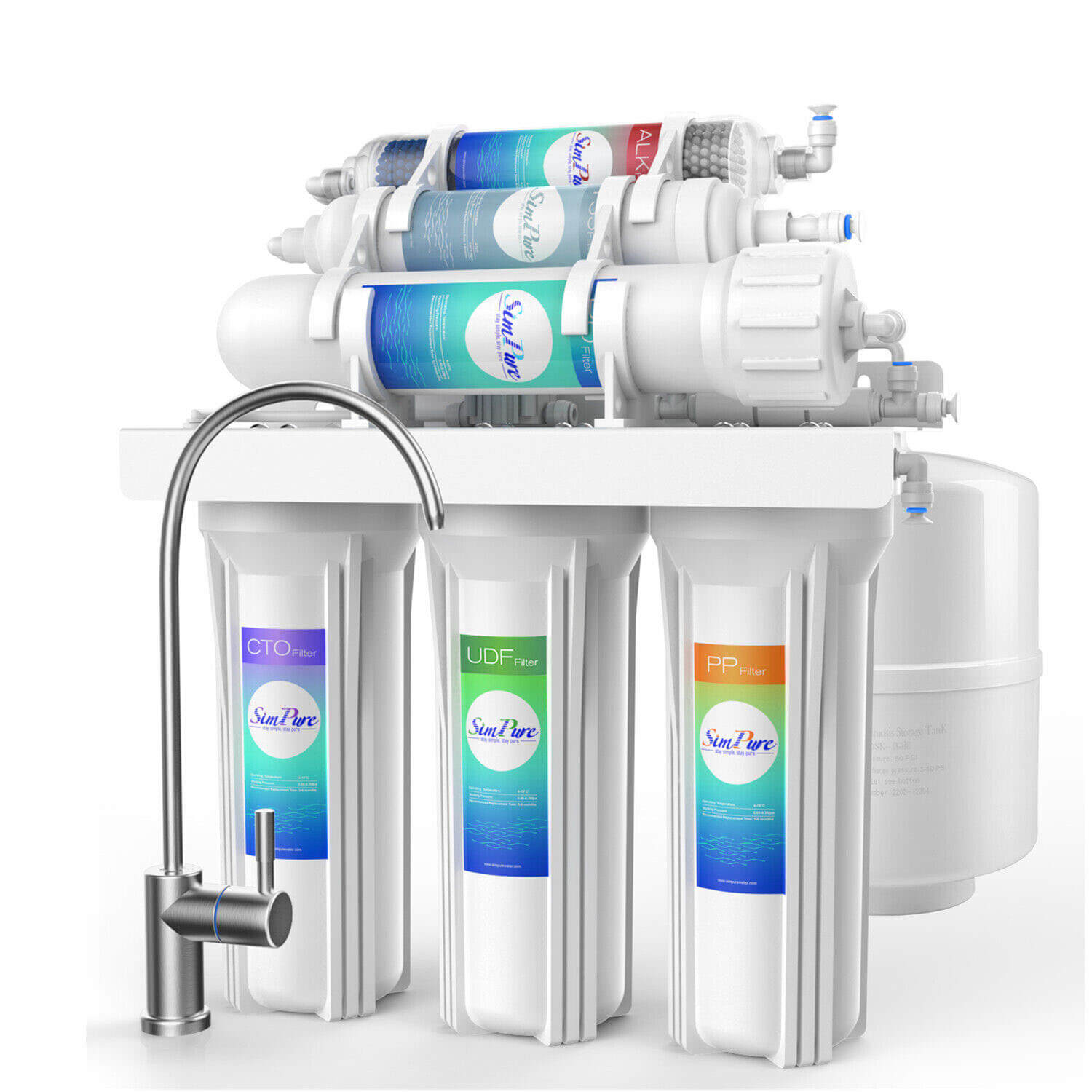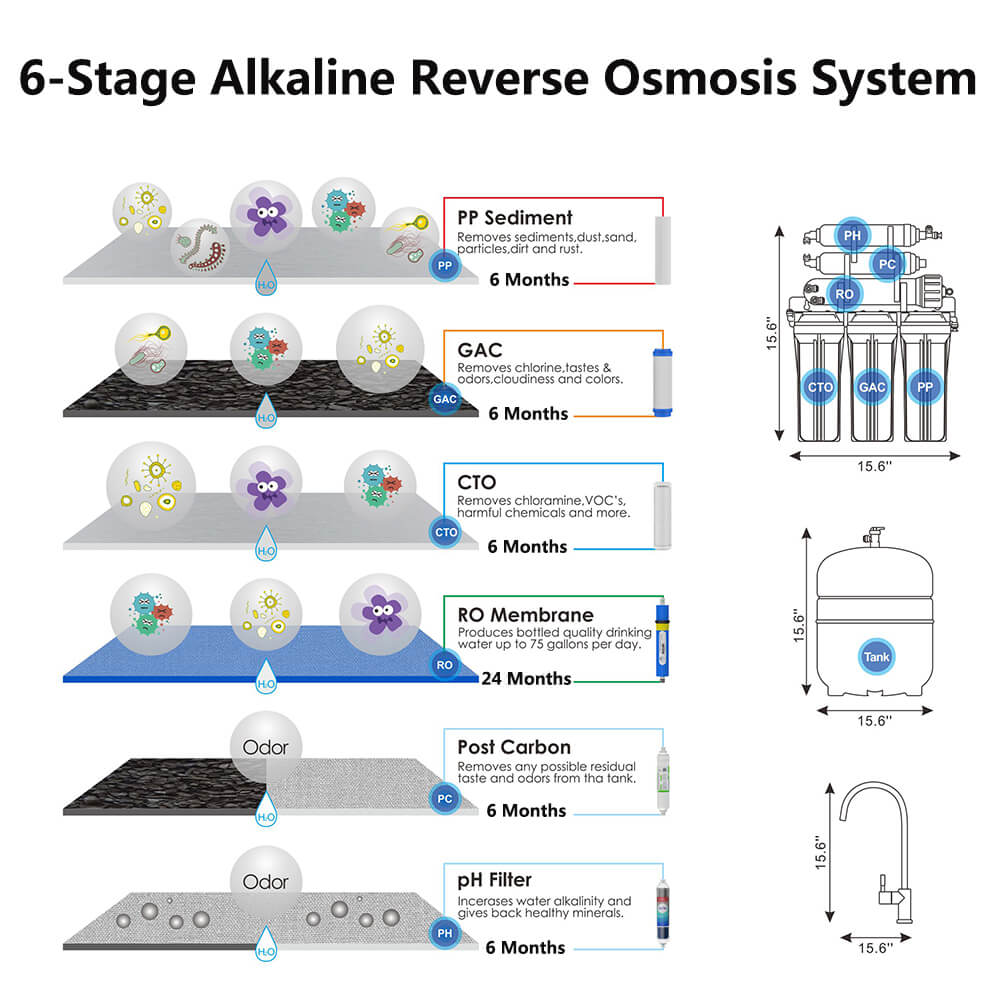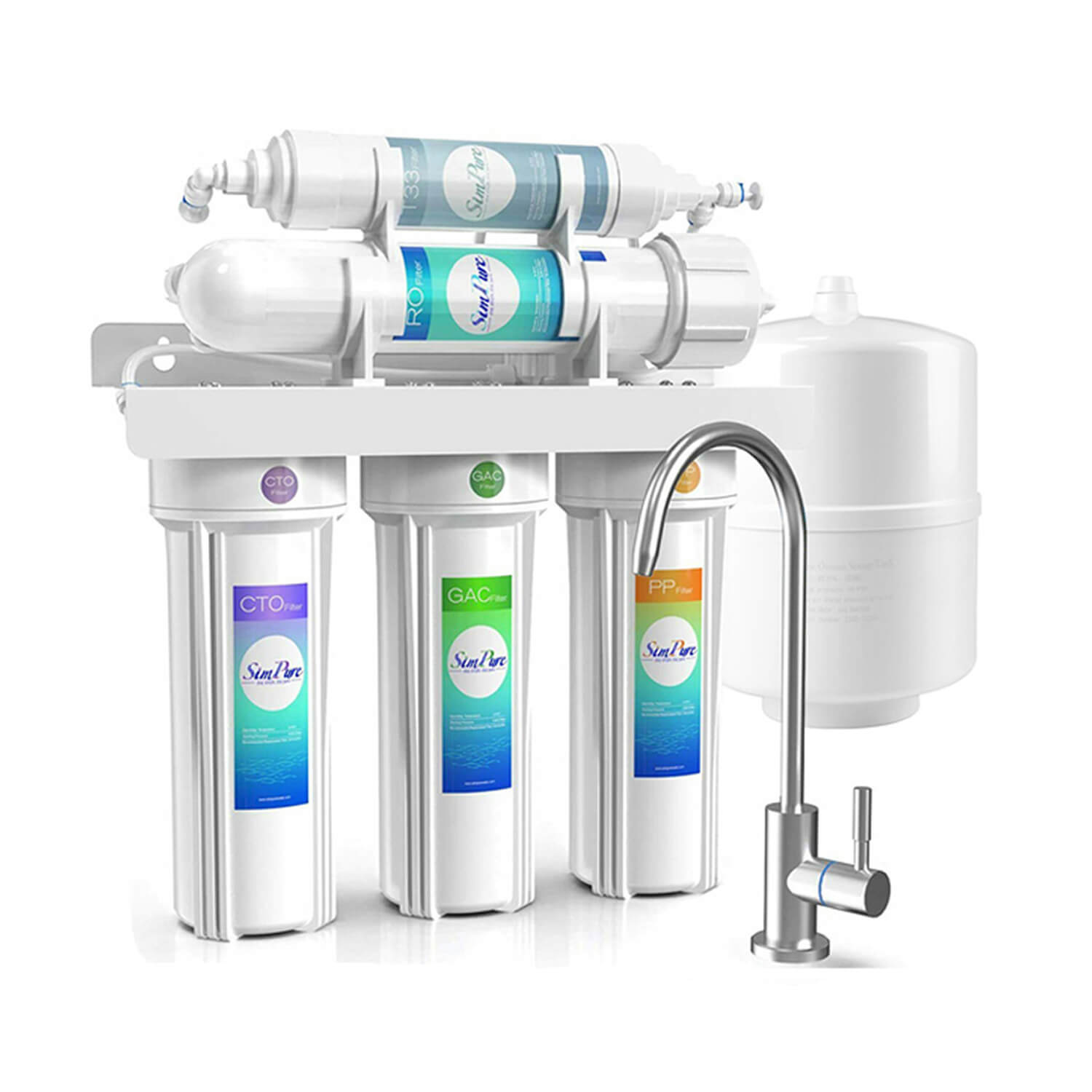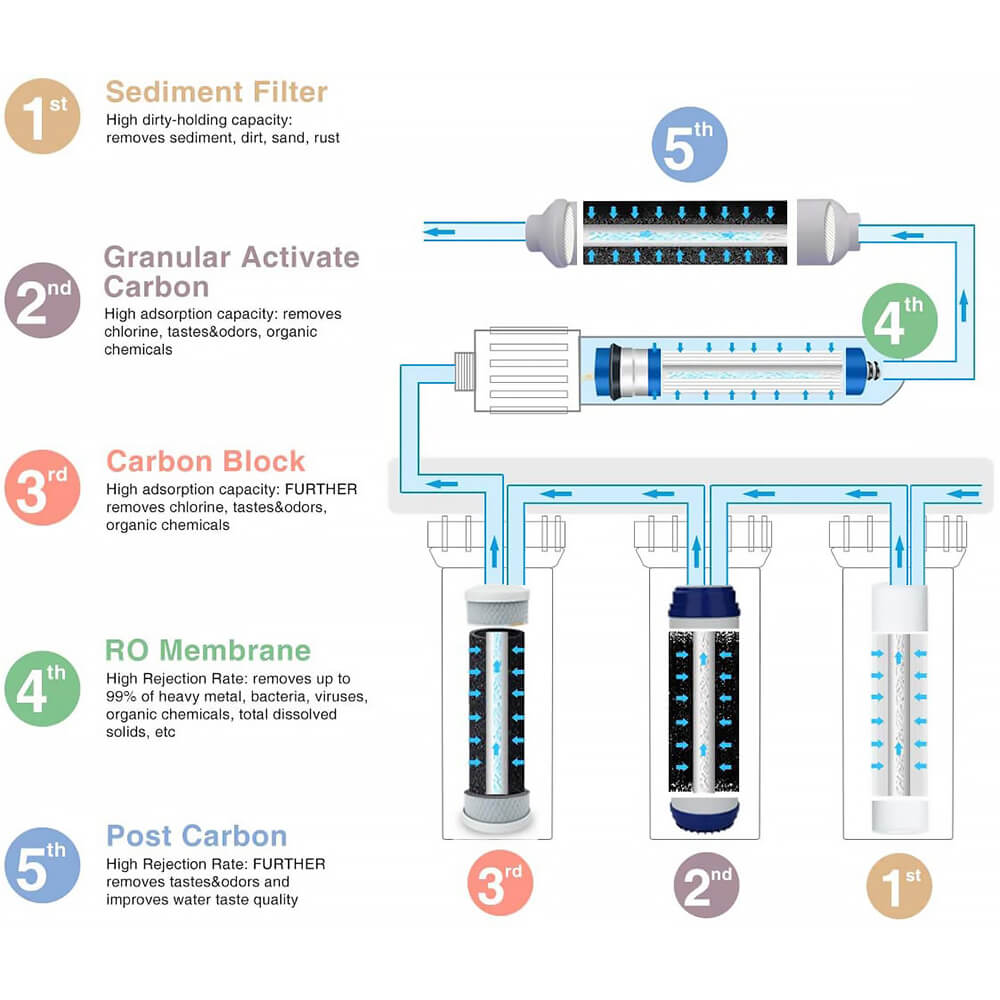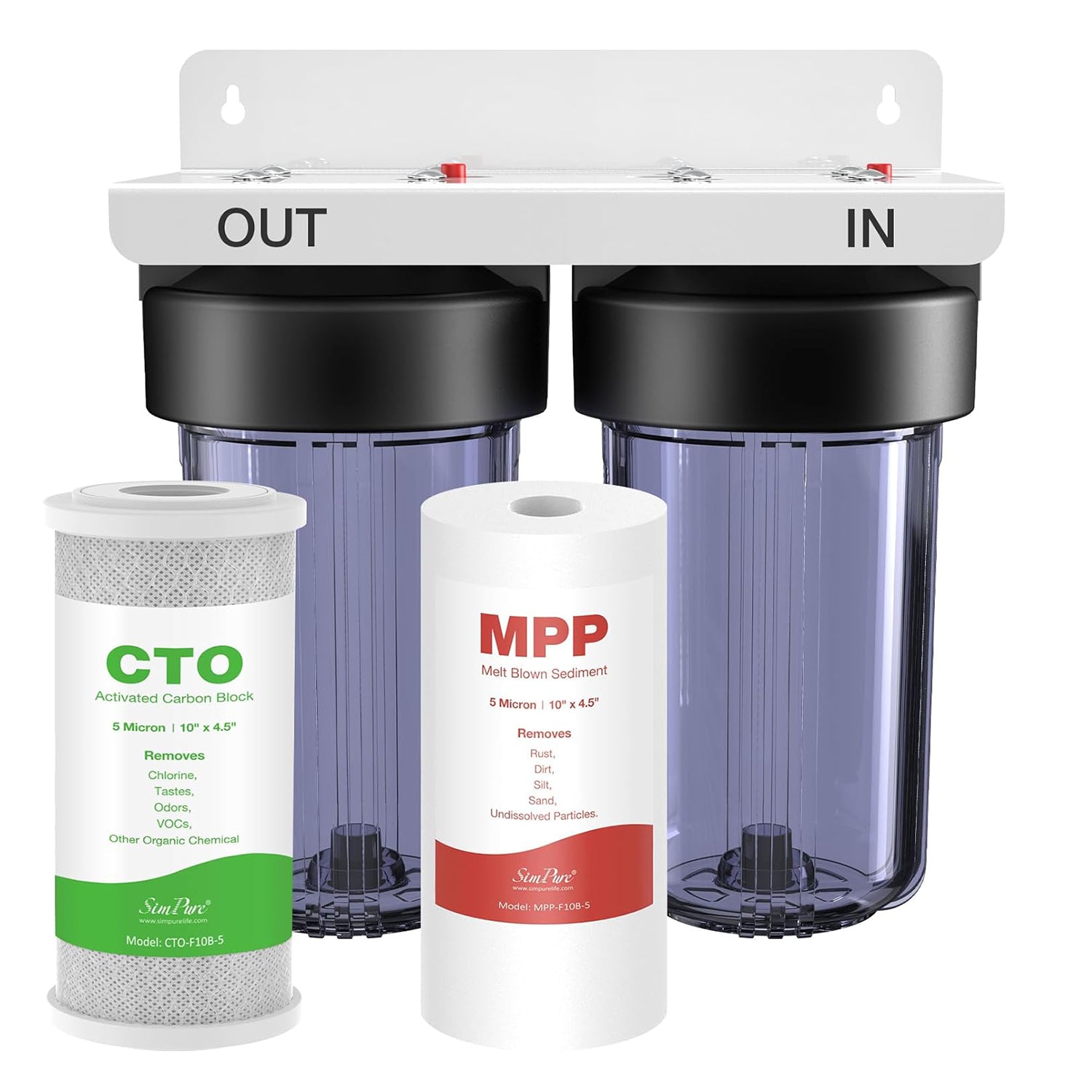If you observe mold and dampness in your basement, it serves as a clear indicator that you need to improve the air quality. Poor basement air quality not only jeopardizes the condition of stored items but also poses a risk to our respiratory health, potentially resulting in allergies and long-term health issues. So, how to improve basement air quality? In this article, we'll explore the signs of poor basement air quality and provide practical methods to improve air quality.
Signs of Poor Air Quality in Your Basement
1. Feeling Stuffy in the Air
Feeling a constant sense of stuffiness or stagnation in the air is a common indicator of poor air quality in the basement. If you frequently experience this sensation while spending time in your basement, it serves as a clear sign that improvements are needed to improve the air quality in this area of your home.
2. Musty Odor or Visible Mold Growth

A musty smell in the basement is often indicative of mold growth. Mold thrives in environments with high humidity and inadequate ventilation, and visible mold growth on surfaces like walls, ceilings, or corners can significantly impact air quality and pose potential health risks. If you detect a noticeable musty odor or observe signs of mildew in your basement, it is a clear indication that your basement's air quality requires attention.
3. Dampness on Floors and Windows
Wet basement floors and windows are clear indicators of excessive moisture. This condition may result from water leaks or high humidity levels. The presence of excess moisture creates an ideal breeding ground for mold, subsequently contributing to poor air quality. In such cases, it is crucial to promptly address the source of moisture and implement an effective humidity control strategy to improve the overall air quality in your basement.
4. Feeling Coughing, Wheezing, Shortness of Breath
Experiencing symptoms such as coughing, wheezing, or shortness of breath while in the basement could suggest the presence of respiratory irritants or allergens in the air. Poor air quality can exacerbate these symptoms, particularly in individuals with pre-existing wrespiratory conditions or allergies. If you specifically notice these respiratory discomforts while spending time in your basement, it is crucial to address and improve the air quality to mitigate potential health issues.
When you observe any of these signs, it is imperative to take proactive measures to improve the air quality in your basement. It is essential to recognize that improving basement air quality requires some different methods compared to improving the air quality in a regular room. In the following, SimPure will provide a detailed introduction to the methods specifically tailored for improving basement air quality.

1. Close Basement Windows to Avoid Pollutants & Reduce Humidity
Closing basement windows is a critical measure for improving basement air quality. When you close your windows, you effectively block outdoor pollutants, dust, and allergens from infiltrating your basement. Moreover, closed windows play a vital role in reducing excess moisture entry, thereby lowering humidity levels and thwarting the development of mold and mildew. You need to ensure that your windows are properly sealed to create a barrier against outdoor pollutants and maintain a controlled indoor environment.
2. Seal All the Cracks and Gaps in Your Basement
Sealing all cracks and gaps in your basement is also an important step in improving air quality. These openings serve as potential entry points for pollutants, insects, and moisture, which can have a significant impact on the basement air quality. You should conduct a thorough inspection of the basement walls, floors, windows, and doors to identify any visible cracks, gaps, or openings. And then, you can utilize suitable sealants, weatherstripping, or caulk to effectively seal these areas. By sealing these vulnerable spots, you can significantly reduce the infiltration of external pollutants and promote improved air quality throughout your basement.
3. Avoid Harsh Chemicals in the Basement
To ensure a healthy air environment in your basement, it is advisable to avoid the use of harsh chemicals. Numerous common household cleaning products contain volatile organic compounds (VOCs) that can detrimentally impact air quality. Opt for eco-friendly and non-toxic alternatives, such as cleaning solutions labeled as low in VOCs or utilizing natural substances like vinegar, baking soda, or hydrogen peroxide for cleaning and disinfecting your basement. By reducing harsh chemicals, you can minimize the emission of harmful fumes and improve the overall air quality within your basement.
4. Clean and Organize Your Basement Regularly
Maintaining good air quality in your basement requires regular cleaning and decluttering. Over time, dust, dirt, and debris can accumulate, releasing allergens and pollutants into the air. It is important to establish a cleaning schedule to effectively remove dust and pay close attention to areas that are susceptible to moisture or mold growth. By keeping your basement clean and well-organized, you can greatly enhance the overall air quality and create a healthier environment.
5. Radon and Carbon Monoxide Testing to Monitor Air Quality
Monitoring radon and carbon monoxide levels is crucial for ensuring the safety of your basement air. Radon is a naturally occurring radioactive gas that can seep into basements and pose serious health risks. You can test your basement for radon using specialized radon testing kits or hire a professional to perform the testing. Similarly, install carbon monoxide detectors in your basement to detect the presence of this odorless, colorless gas that can be emitted by appliances like furnaces or water heaters. Regular testing and monitoring of radon and carbon monoxide levels help maintain a healthy and safe environment in your basement.
6. Invest in a HEPA Air Purifier for Basements
Investing in a HEPA (High-Efficiency Particulate Air) air purifier is a smart choice to enhance your basement's air quality. The HEPA filter is designed to capture and trap tiny particles like dust, pollen, mold spores, and pet dander, resulting in cleaner and fresher air. SimPure has designed an air purifier for basements, featuring a 3-in-1 filtration system designed to address basement-specific challenges. Our HEPA filter captures a wide range of pollutants, while the activated carbon filter eliminates bad smells, pet odors, and VOCs. With our exclusive "Odaller Pure" technology, the activated carbon becomes even more effective, improving speed and efficiency. You can invest in our air purifier to experience long-term deodorization and the removal of mold and musty smells in your basement.
7. Use a Dehumidifier to Reduce Basement Humidity
To address the issue of mold growth and improve air quality in your basement, a practical solution is to utilize a dehumidifier, which effectively extracts excess moisture from the air. By controlling humidity levels, you can inhibit the development of mold and mildew in your basement. However, it's important to select the appropriate-sized dehumidifier for your basement and ensure regular maintenance, including emptying the water tank and cleaning the filter.
8. Install Ventilation System to Improve Air Quality
Installing a ventilation system can improve the air quality in your basement. A ventilation system helps circulate fresh outside air into the basement while exhausting stale air inside. This constant air exchange helps remove airborne pollutants such as mold spores, dust and volatile organic compounds (VOCs) that contribute to poor air quality and regulates humidity levels, reducing the risk of mold and mildew.
In conclusion, the article explores the signs of subpar basement air quality and provides effective methods of how to improve basement air quality. By recognizing the signs of poor air quality, such as musty odors, visible mold growth, or persistent allergy symptoms, you can take proactive measures, such as closing doors and windows, sealing gaps, utilizing HEPA air purifiers and ventilation systems to improve the air quality in your basement. These measures can safeguard the storage of items in the basement and the health of the occupants effectively.



